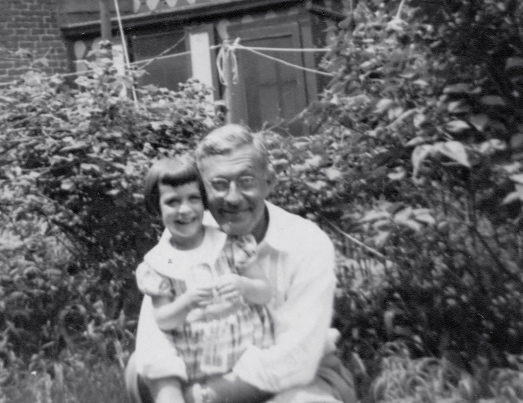The Facts of Life-A Different Perspective
Most kids learn the facts of life from their more well-informed friends or from some vague reference in personal hygiene class. I got my first lesson from a banned British novel.
In my childhood home, shelves groaned under the weight of books celebrating great opera, classic literature, and fine art, while stacks of Scientific American, Mother Jones, and National Geographic vied for space next to heirloom Sabbath candlesticks.
A voracious reader, everything intrigued me, including the backs of cereal boxes, toothpaste tubes, and warnings on household cleaning supplies. My parents used to pay me a penny for every billboard I didn’t read aloud on the family’s four-hour road trips from Orlando to Fort Lauderdale during summer vacations.
One Saturday, having turned boredom into an art form as only a thirteen-year-old can do, I went in search of something new to read while my parents were out buying a new washing machine. Nancy Drew and her penchant for making a mystery out of a molehill had grown stale and all my beloved horse books had been read and reread a dozen times. Exploring the bookcase in my parents’ bedroom, I noticed a copy of Lady Chatterley’s Lover by D. H. Lawrence. While I didn’t know that “first edition” stamped inside its cover gave this book far more value than most, no one had to tell me what the word “lover” meant. It could only be one thing . . . sex. And so I sat on the floor of my parents’ room and discovered for myself why Lawrence’s book had maintained its “banned” status for so many years.
Knowing my parents would soon be back, I got busy dog-earring the juiciest pages for a secret return engagement and never heard my father’s footsteps across the terrazzo floor until his wing-tips appeared in the doorway. It took just a few seconds for him to assess the scene — the hole on the shelf where the book should have been and me hunched over speed-reading and pushing horn-rimmed glasses back onto my nose while nervously twirling strands of brown hair between my fingers.
Looking up and seeing my father’s pained expression, I braced myself for a lecture on reading a book that was obviously meant for adults only.
“Judy, it appears your mother and I cannot trust you to be alone in the house without supervision. I am extremely disappointed. How can I make myself clear? NEVER, EVER treat a book in this fashion. Only lazy people with no respect for property consider it acceptable to dog-ear pages. Until I say so, this will go back on the shelf and remain there.”
My father eventually got over the fact that his now sullied copy of Lady Chatterley would no longer be funding his retirement, and I took what occurred as his permission to push the boundaries even further by exploring a collection of writing well beyond my years. Beginning with the bookcases that lined our dining and living room walls, I read works by Herman Wouk, Leon Uris, and Nevil Shute, which taught me about harsh realities, impossible to put aside.
Yet, some of the most profound lessons have come, not from books, but from being there for people in ways I’ve never imagined; accepting what is, including my imperfections and limitations; offering comfort even when I cannot find it for myself; and realizing that loving invites loss, regardless of how hard we try to hold it at bay. This is a truer definition of the facts of life, and the very stuff of caregiving.


